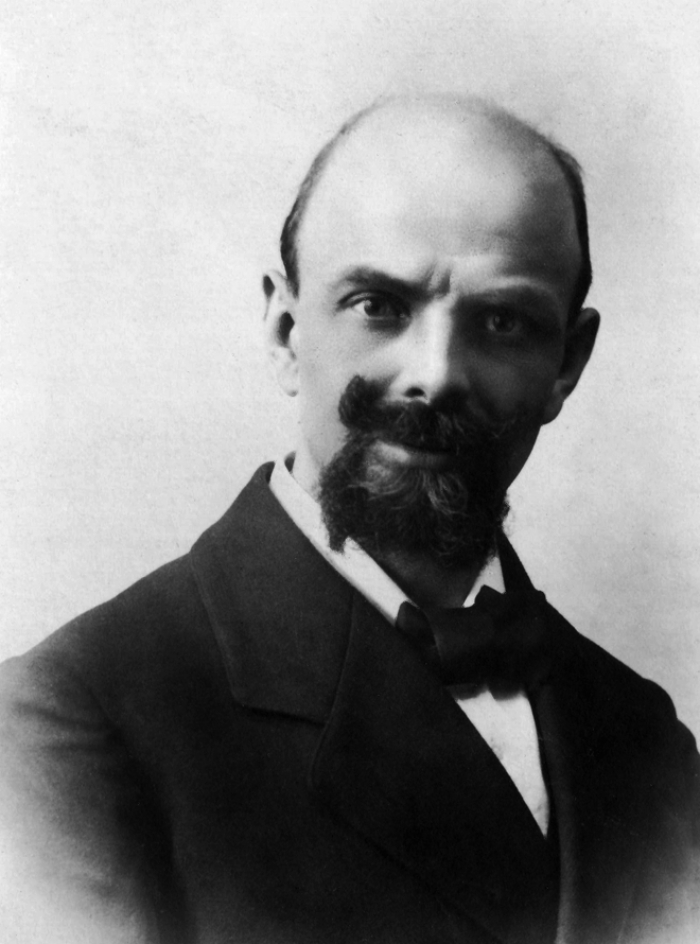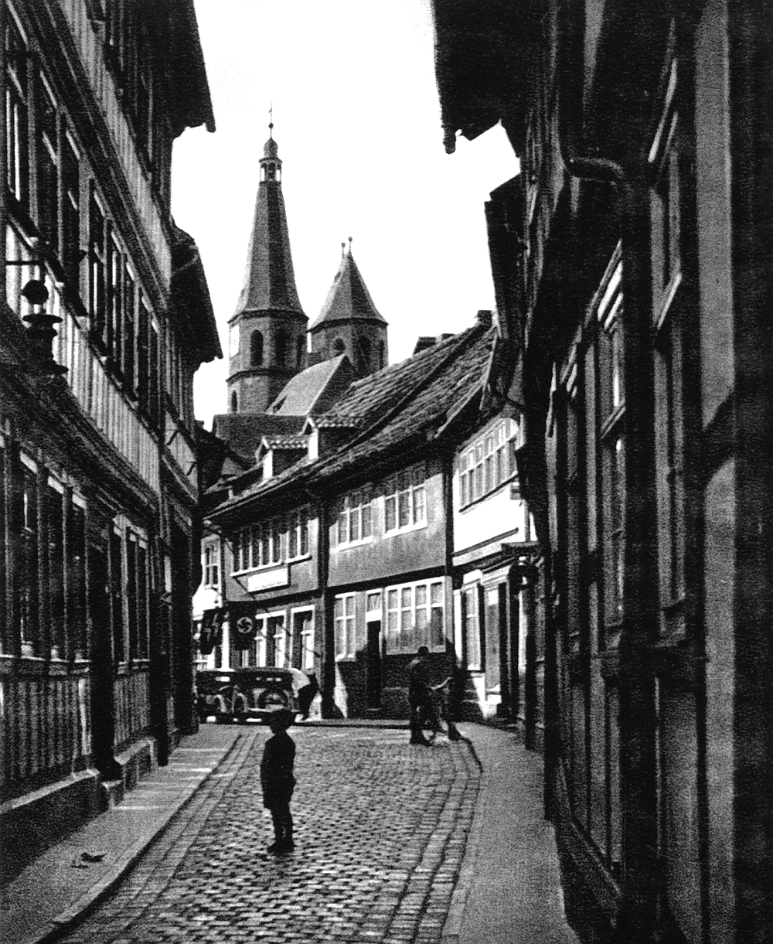

After the Reichstag fire, Reich President von Hindenburg issued the "Decree for the Protection of the People and the State" at the end of February 1933, which suspended important fundamental rights such as freedom of expression, freedom of the press and freedom of assembly. With the help of this decree, newspapers and magazines of the communist and social democratic opposition in particular were banned. The "Nordhäuser Volkszeitung" was also forced to cease publication.
Until its publication was suspended in the spring of 1933, the Nordhäuser Volkszeitung had been an established social democratic workers' newspaper. The newspaper's editors were arrested. The editorial building and printing works of the Volkszeitung, which were owned by the SPD, were expropriated in May 1933 as part of the ban on the party. Shortly afterwards, an SS formation moved into the building in Wolfstraße.
Johannes Kleinspehn
Among the arrested employees of the Nordhäuser Volkszeitung was editor-in-chief Johannes Kleinspehn. Born in 1880, the trained lathe operator had joined the SPD at the age of 23. From 1910, he worked full-time as editor of the social democratic Nordhäuser Volkszeitung. He served as chairman of the SPD education committee of the city of Nordhausen and as a regional executive of the SPD in Thuringia. Johannes Kleinspehn was a member of the Prussian state parliament from 1919 to 1933. He lived with his family in the co-operative housing estate An der Bleiche - a neighbourhood where many Nordhausen Social Democrats lived.
After his arrest in March 1933, Johannes Kleinspehn was able to return to his family two months later. Shortly afterwards, he narrowly escaped re-arrest and went into hiding in Berlin, where he joined the social democratic resistance group "German People's Front" led by Hermann Brill. The Gestapo broke up the resistance group in September 1938. Johannes Kleinspehn was sentenced to three years in prison for "preparation for high treason". After serving his sentence, the Gestapo deported him via the Buchenwald concentration camp to the Sachsenhausen concentration camp, where he died on 1 February 1944.
